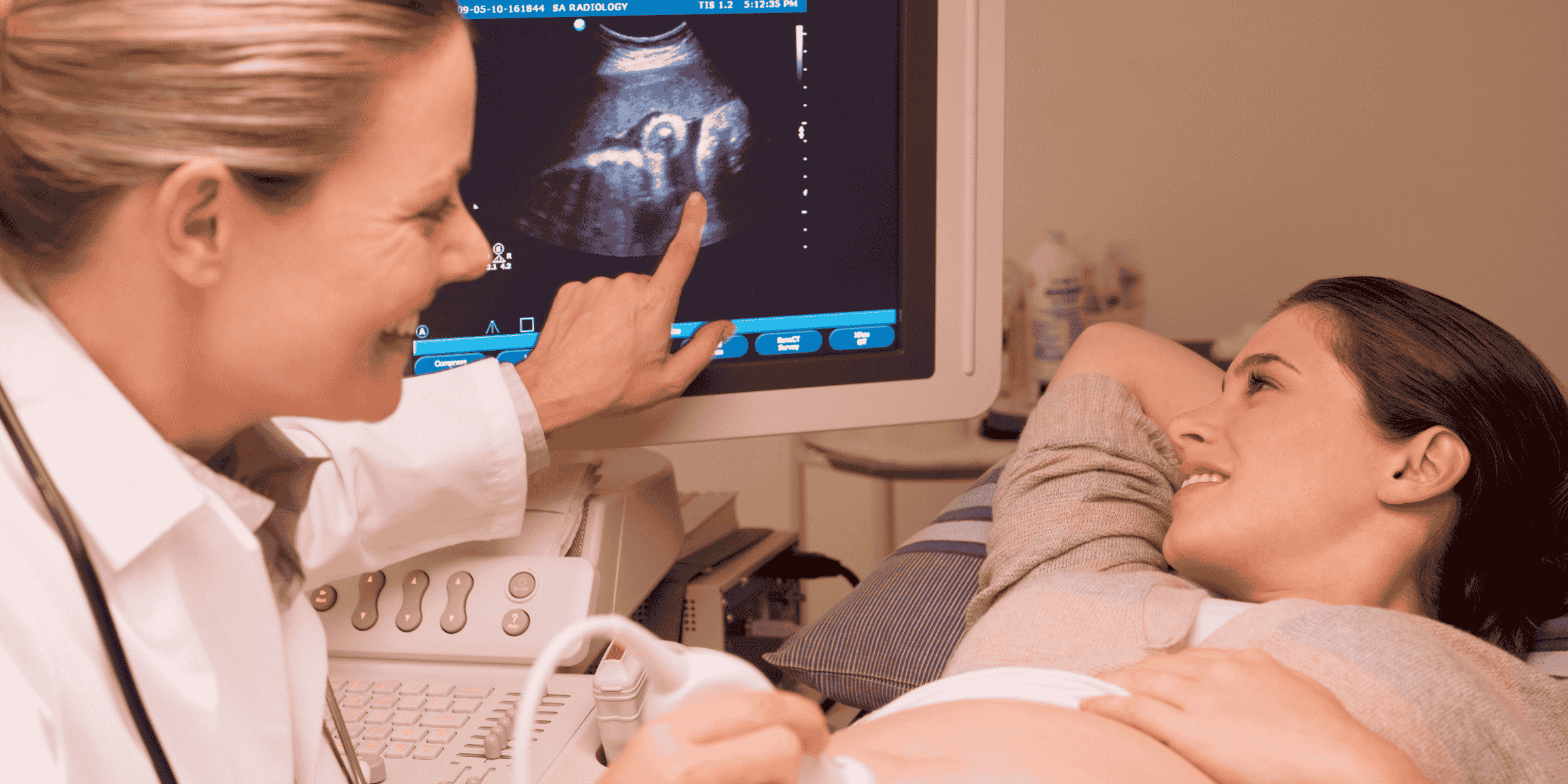
Here is the English translation of your text:
Detailed Ultrasound During Pregnancy: What It Is, Why It’s Done, and When
The pregnancy period is a time that requires careful monitoring by both expectant mothers and doctors. To ensure that the baby's development is progressing healthily, various screenings are conducted at specific weeks. One of the most important screenings is the detailed fetal anatomy scan, known as a detailed ultrasound. So, what is a detailed ultrasound during pregnancy, why is it performed, and when is the best time to have it? Here’s everything you need to know…
What is a Detailed Ultrasound?
A detailed ultrasound is a special type of ultrasound examination in which all of the baby’s organs are thoroughly examined, and the development process is assessed. This scan checks for any developmental anomalies in the baby. During the procedure, the baby’s brain structure, spinal development, heart, and other internal organs, as well as facial features, hands, and feet, are examined in detail.
A detailed ultrasound is also commonly referred to as a second-level ultrasound and is performed using high-resolution ultrasound devices.
When is a Detailed Ultrasound Performed During Pregnancy?
A detailed ultrasound is typically conducted between 18 and 23 weeks of pregnancy. However, the ideal timeframe is considered to be between 20 and 22 weeks. This is because the baby’s organs are sufficiently developed by this time, allowing for a thorough assessment during the examination.
In some cases, your doctor may recommend an additional detailed ultrasound earlier or later in the pregnancy. This may be necessary if there are genetic risks, anomalies in previous pregnancies, or if some screening tests indicate a potential risk, requiring an earlier detailed examination.
The Importance of a Detailed Ultrasound
A detailed ultrasound is extremely important for closely monitoring the baby’s development. This screening allows for:
- Detection of Organ Development and Structural Anomalies: Any structural abnormalities in the baby’s organs can be identified.
- Early Detection of Conditions: Heart diseases, brain development issues, facial anomalies like cleft palate, and similar conditions can be detected early.
- Assessment of Umbilical Cord and Placenta: The condition of the umbilical cord and placenta is examined to evaluate how well the baby is being nourished in the womb.
- Investigation of Genetic Disorders: Screening for possible genetic diseases is carried out.
Identifying any anomalies is crucial for ensuring the baby receives appropriate treatment after birth or for taking necessary precautions.
How is a Detailed Ultrasound Performed?
A detailed ultrasound is performed similarly to other ultrasound exams. A gel is applied to the abdominal area, and the doctor uses an ultrasound probe to conduct the scan. There is no need for the mother to be fasting or full. The procedure usually takes about 30 to 45 minutes, and all measurements can be comfortably made if the baby is in a favorable position.
In some cases, depending on the baby’s position, the doctor may ask the mother to take a short walk, change positions, or wait briefly to ensure that all measurements can be accurately completed.
What Do the Results of a Detailed Ultrasound Mean?
After the detailed ultrasound, your doctor will evaluate the images and inform you about your baby’s development. Most of the time, receiving confirmation that the baby is healthy and developing normally provides reassurance to expectant mothers. However, in some cases, your doctor may recommend additional tests or refer you to a perinatologist (a specialist in high-risk pregnancies).
If any anomalies are detected, your doctor will inform you about the appropriate treatment methods and post-birth planning.
A detailed ultrasound is one of the most important screenings during pregnancy and is usually performed between 18 and 23 weeks. This examination provides critical information about the baby’s organ development, structural anomalies, and overall health, playing a crucial role in determining whether the pregnancy is progressing healthily. By not missing your regular doctor appointments, you can closely monitor your baby’s healthy development.